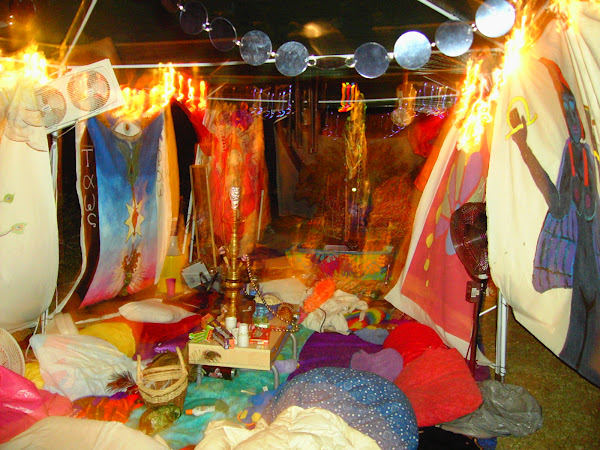(Portions of this essay appeared in a different form in Bust Down the Doors and Eat All the Chickens)
Consider the mysteries of the fart. No matter how eloquent the tongue may be, the fart crouched in wait like a restless and unbidden guest. One may negotiate with the fart but seldom repress it. Born in a labyrinth, it seeks its ecstatic moment of escape and dissipation, a gaseous Theseus prompted by scarcely imagined molecular catalysts. When it bursts forth, its song is spontaneous and disruptive, the bane of ostensibly polite company. At other times, it cloaks itself in silence and invisibility, rising like a whispered curse to offend the olfactory heavens. But despite all, its beholders largely eschew its subtlety and deny its complexity. But there are celebrants of the fart, too.
For those with a peculiar ear for discernment, there is music and wonder in the fart. Its music and biochemistry may be expounded up to a point, but never its mystery. In the temple of the body, one must give careful consideration to the “gods of the underworld,” i.e. those urges, exhortations and expulsions which so often seem to run contrary to the spirit of the heart’s sanctum sanctorum or the head’s conference of the senses. As this raucous blast of nether wind is not without its music, consider the idea that there is music in everything and, by extension, in everyone. Contrary to expectation, the musicians of the School of the Fart often let slip a sound that, though rough, also features a subtlety and art that rewards the adventurous listener.
From this anal breach charges a mad assortment of untrained, wild-eyed, would-be musicians. For the lion’s share of musical history, such outsiders were arrogantly dismissed. Surely, though, the humble origins of music have more in common with these self-taught thumpers, strummers, howlers and blowers than with practitioners of highbrow harmonies. While our brief history of cacophony arbitrarily starts with 19th century callithumpian bands, its roots lie in Saturnalia and grow to include charivaris, jug bands, 1960s garage bands, and even the seminal punk rock of the 1970s. All of these forms share the common bond of carnival culture, particularly its presumption to invert society and its presuppositions, placing fools in power while imposing menial status on members of the alleged “ruling class.” And the music of this inversion, perhaps present before the dawn of Saturnalia, has been that of mockery, lewdness, noise and caterwauling. Often it was scored as a lampoon of sacred or subtle music, as with the Medieval Feast of Fools that satirized the Roman Christian Mass under the direction of a Lord of Misrule or Abbott of Unreason. That there is sometimes a sly sophistication at work in what may be the world’s oldest intermittent folk tradition can be heard from the New London Consort’s recording of the music from this mock mass.
In the 19th century, a more chaotic din of iniquity erupted in the tradition of the Callithumpian band. During those long ago winter holidays, Callithumpian processions in the United States would blurt, bang, whistle, razz, squeal and fart with a motley assortment of kitchen utensils, noisemakers, rattles and anything else capable of making noise. As they marauded from house to house in the neighborhoods of the landed gentry, demanding entrance and booze from startled residents, a wall of sound preceded them. Ultimately, the law cracked down on this early form of trick-or-treat when drunken Callithumpians stumbled out of bounds, smashing windows, setting fires and spreading hooliganism. And it’s at this time, rather than the dawn of rock & roll or the advent of garage bands, that we find the real proto-punk, sadly overlooked, unrecorded and largely forgotten.
As the keepers of the cask exclaimed at the Feast of Fools, “Occasionally the bunghole must be uncorked, simply to relieve the pressure.” Such festivity may be contagiously revived, an antidote to modern repression or simply an outlet for unbridled glee. In Callithumpia we can see a sweetly deranged state of mind, one that hints at outsider music yet to come. It is the first cousin to Jes Grew and granddaddy to the vulgar jug bands. From its tangled roots in historical night soil, this raucous sound will perennially sprout and thrive in the 20th century, carrying its anarchic, rebellious bag of tricks with it.
NEXT: Secret Origins!
Friday, January 4, 2008
Callithumped, Jugged and Punked, Part One
Labels:
callithumpian,
feast of fools,
jug bands,
punk,
Saturnalia
Subscribe to:
Post Comments (Atom)


2 comments:
I think this is appropriate. =)
Dude! That was awesome. I just read Mumbo Jumbo, too, and it was awesome too. <3
Post a Comment